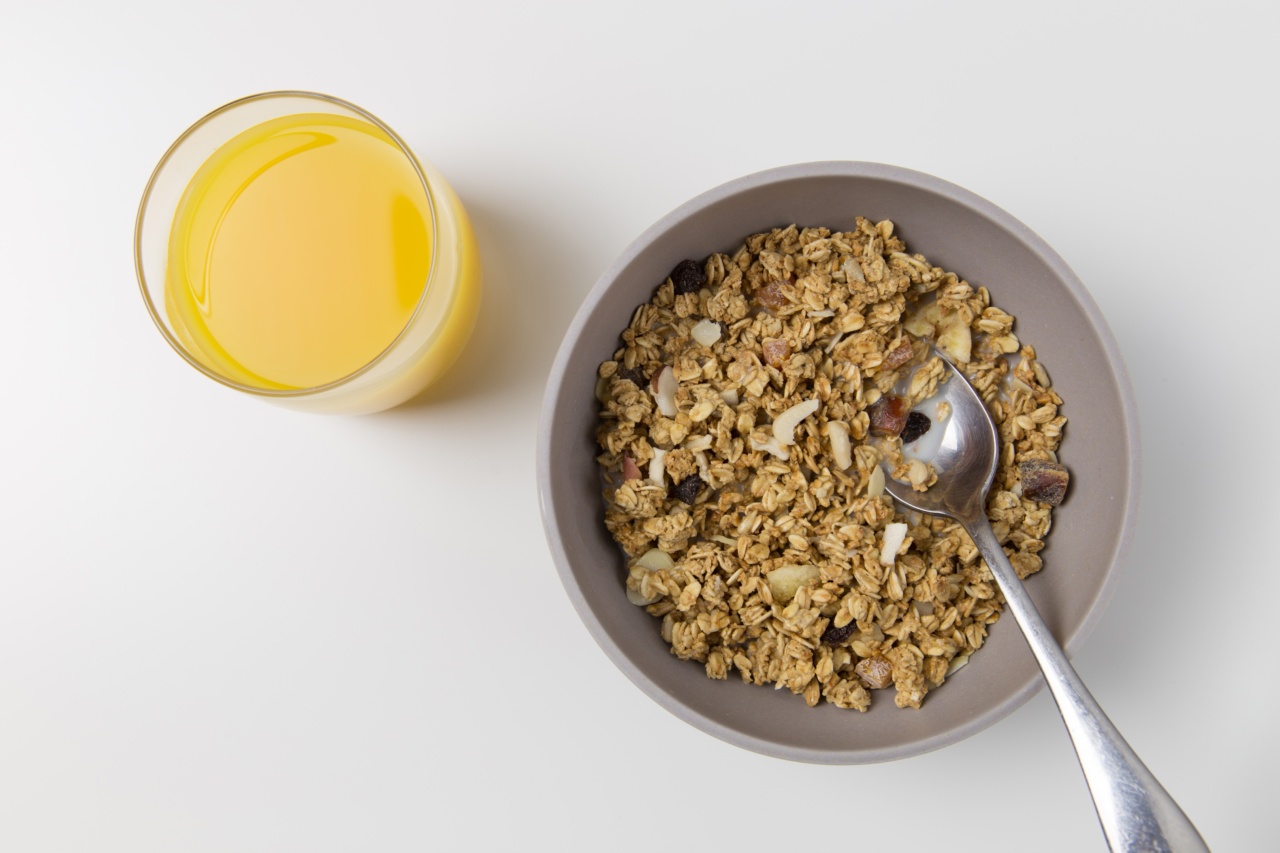Fiber is a type of carbohydrate that the body cannot digest. Unlike other types of carbohydrates, which are broken down and absorbed by the body, fiber makes its way through the digestive system virtually intact.
Although it may not provide calories or nutrients, fiber is a crucial part of a healthy diet. If you’re not getting enough fiber, you may be missing out on some major health benefits. Here are just a few of the ways that fiber can keep you healthy.
It Helps Control Blood Sugar
When you eat foods that are high in fiber, like fruits, vegetables, and whole grains, your blood sugar doesn’t spike like it does when you eat foods that are high in sugar or refined carbohydrates.
This is because fiber slows down the rate at which food is digested and absorbed. This means that glucose enters the bloodstream more slowly, which can help prevent spikes and crashes in blood sugar levels.
For people with diabetes, high-fiber foods can be particularly beneficial, as they can help regulate blood sugar and prevent complications.
It Promotes Healthy Digestion
Fiber is essential for maintaining healthy bowel movements. When you eat fiber, it adds bulk to your stool, helping it move more easily through your digestive system. This can help prevent constipation, hemorrhoids, and other digestive problems.
Additionally, fiber can help feed the beneficial bacteria in your gut, which can promote overall digestive health.
It Reduces the Risk of Heart Disease
Research has found that people who eat a high-fiber diet have a lower risk of heart disease. This is thought to be due to the fact that fiber can lower cholesterol levels and blood pressure.
When you eat fiber, it binds to cholesterol in your gut, preventing it from being absorbed into your bloodstream. This means that your body is able to excrete more cholesterol, which can help lower your overall cholesterol levels. Additionally, consuming fiber can help reduce inflammation, which is another risk factor for heart disease.
It Aids in Weight Loss
Fiber is incredibly filling. When you eat foods that are high in fiber, you tend to feel more satisfied after eating, which can help you eat less overall.
Additionally, fiber can help regulate your blood sugar levels, preventing the spikes and crashes that can lead to cravings and overeating. Several studies have found that people who eat a high-fiber diet have a lower body weight than those who don’t. Making sure that you’re getting enough fiber in your diet can be an effective way to support weight loss or weight maintenance.
It Can Lower the Risk of Some Cancers
Several studies have found that people who eat a high-fiber diet have a lower risk of developing certain types of cancer, including colorectal cancer. This may be due in part to the fact that fiber helps keep the lining of the colon healthy.
Additionally, fiber may help reduce inflammation, which is thought to be a contributing factor in many types of cancer. Although more research is needed, there is evidence to suggest that consuming fiber can be a helpful strategy for reducing cancer risk.
It Supports Overall Health and Well-being
Getting enough fiber in your diet is an important part of overall health and well-being. In addition to the specific benefits outlined above, consuming fiber can help promote better sleep, mood, and energy levels.
Because fiber helps regulate blood sugar, it can prevent the energy crashes that can leave you feeling tired and irritable. Additionally, fiber can help keep the gut microbiome healthy, which can have far-reaching effects on overall health.
How Much Fiber Do You Need?
The amount of fiber that you need each day depends on a variety of factors, including your age, sex, and weight. In general, adults should aim to consume at least 25 grams of fiber per day. However, many people fall short of this recommendation.
If you’re not currently getting enough fiber in your diet, there are plenty of ways to increase your intake. Here are a few strategies to try:.
- Eat plenty of fruits and vegetables.
- Choose whole grain breads, cereals, and pasta.
- Add beans, lentils, and other legumes to your meals.
- Snack on nuts and seeds.
- Consider taking a fiber supplement.
The Bottom Line
Fiber is a crucial part of a healthy diet. By eating a variety of fruits, vegetables, whole grains, and legumes, you can ensure that you’re getting enough fiber to support overall health and well-being.
Whether you’re looking to manage your blood sugar levels, improve your digestion, or reduce your risk of chronic disease, fiber can be a powerful tool to help you reach your health goals.


























